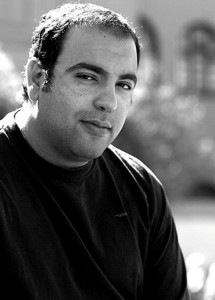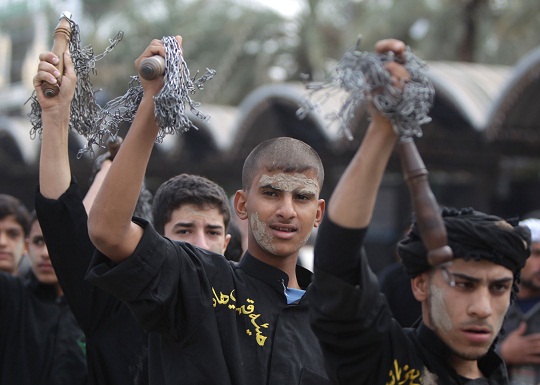
The parliamentary elections are upon us again, which means that we are about to re-enact the media circus the nation participated in not even two years ago. Parties are forming alliances, talking strategy and creating candidate lists, all vying for the votes of a population that is sick and tired of both voting and our inefficient voting system and procedures. Despite its many inherent flaws, no one is talking about actually changing or improving it. The Islamists believe it works in their interest, so they are keeping it, and the secularists are as always too busy with their negotiations and preparations to tackle the voter confidence in the system problem that will surely plague their voter turnout.
That being the case, it is confirmed by everyone that this election is the most crucial election in the nation’s history: The Islamists believe that the majority in the parliament is the last thing they need to cement their Islamist state, while the secularists believe that if they didn’t get significant votes this time, if not a majority, they will not be able to break the wave of Muslim Brotherhood authoritarian rule by peaceful means for a long time. They are both correct, and both have their problems.
The Islamists are facing a much different landscape than the one they had at the 2011 elections: The Salafis are divided and suffering from in-fighting and internal disputes, with Al-Nour Party splintering and the new party headed by Abu Ismael competing with them for a voter base that is starting to believe that their involvement in politics is wrong and are sick of being the butt of the country’s jokes.
The Muslim Brotherhood on the other hand are strong and have the state’s resources to help them, but are facing a population that can’t stand them and no longer believes them. Unlike the Salafis, their base will turn out and vote, but they will have a hard time attracting votes outside that base. In terms of elections, the Brotherhood will have their bloc, and quite possibly the highest voter turnout amongst all the parties, but the Islamists will have a hard time securing the majority they need if the secularists do their homework.
The secularists as a whole are, naturally, not doing their homework, or at least the revolutionary side isn’t, but so far the fragile alliance that is the National Salvation Front (NSF) is surviving and working together. There is still a huge amount of confusion regarding the lists and candidates, aided by the lack of clarity in the positions of the parties involved. Hamdeen Sabahy for example can’t commit to much because the youth of his Popular Current are the ones steering him and not the other way round, and many of them do not want to enter an election alliance with Amr Moussa and his people.
Al-Dostour Party has many voices in it that are so insistent on purity over relevance by actually considering boycotting the elections all together, and as expected Al-Wafd Party is being as wishy-washy about its position as ever. The huge number of candidates that want to run on the NSF’s list is also adding to the problem, with great discussions over the order of candidates on the lists. The conservative side has candidates that have voter mobilisation and financials ready, while the revolutionary side has its leaders and the revolutionary bloc votes, which haven’t always been consistent. Who should get priority?
It seems inevitable at this point, that despite conventional wisdom of uniting all those parties into a single list, that the NSF will field two lists at every district in a move that weirdly makes logical sense. Having two lists will solve the revolutionary/conservative in-fighting regarding the candidates once and for all. It will also ensure greater voter turn-out, since each side has its own votes and ground, and voters who will not want to vote for the other side’s candidates (revolutionary-minded voters who don’t want to vote for conservatives, and vice versa). As long as they agree not to attack each other, and both lists support the individual seats candidates, the NSF will be risking minimal vote splintering, with no one having to hold their nose to vote for someone they ideologically dislike. No lemons for anyone.
Once that is sorted out, they will have to agree on a single unified message to the voters, which, in my humble opinion, should be “stability”. I know, but hear me out: Stability as a message has proven to be a one with great appeal for the Egyptian voting population, and in reality, even the secularists want it. The argument will be that if they want the political instability to end, they should vote for the NSF to move the fight from the streets to the debating chamber. If that happens, and balance is restored to the country’s political institutions, then there will be political stability. Who wouldn’t want that?


